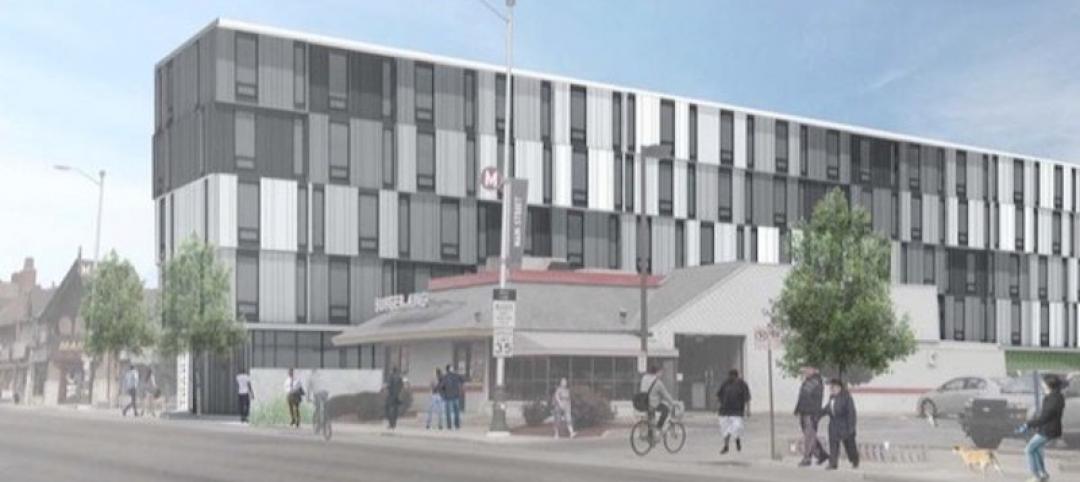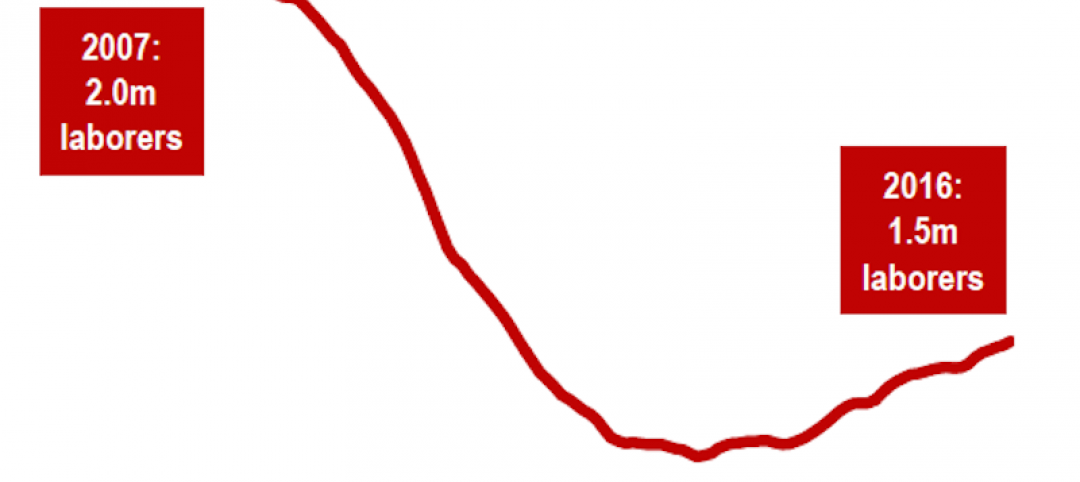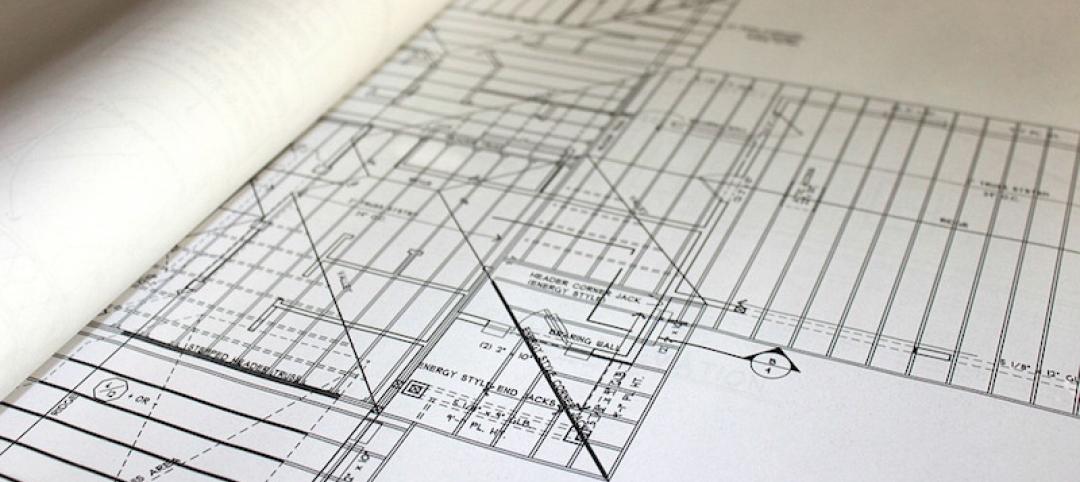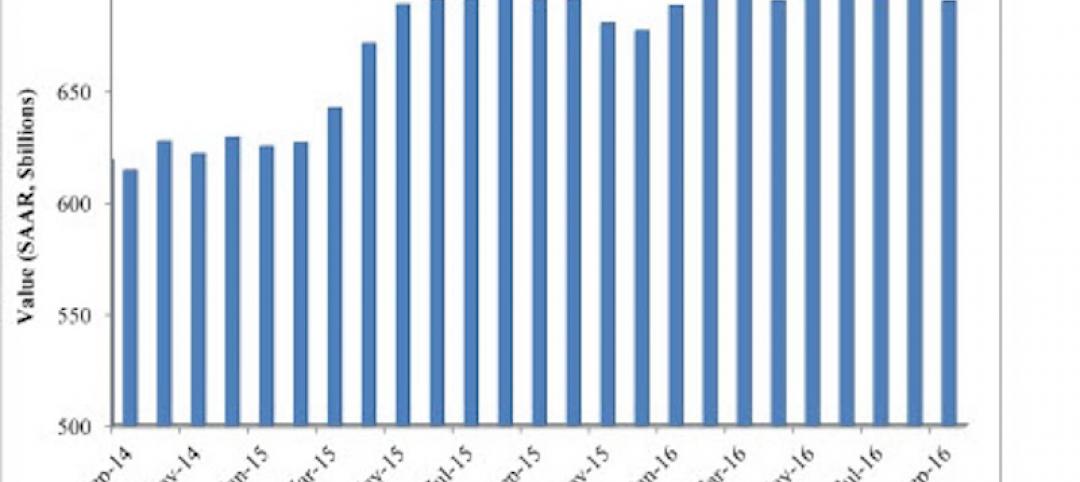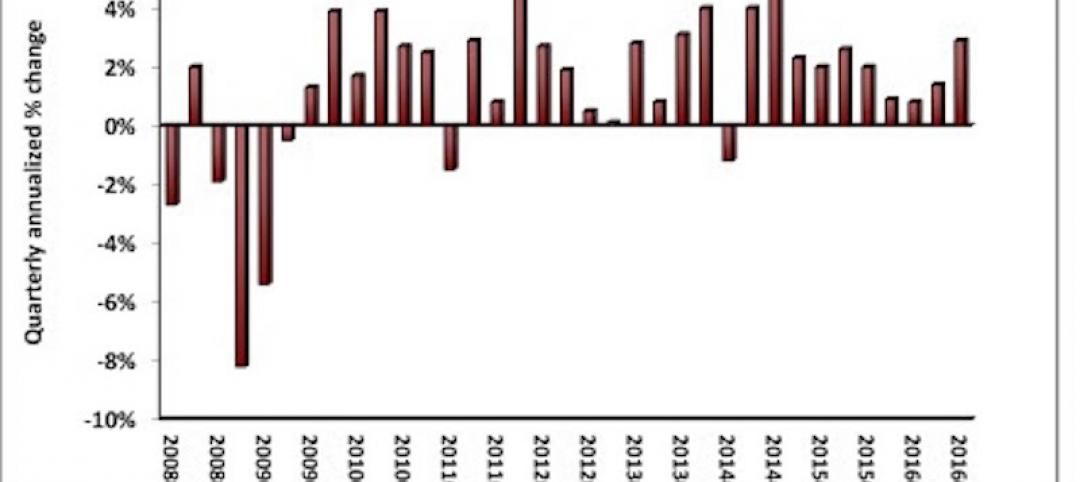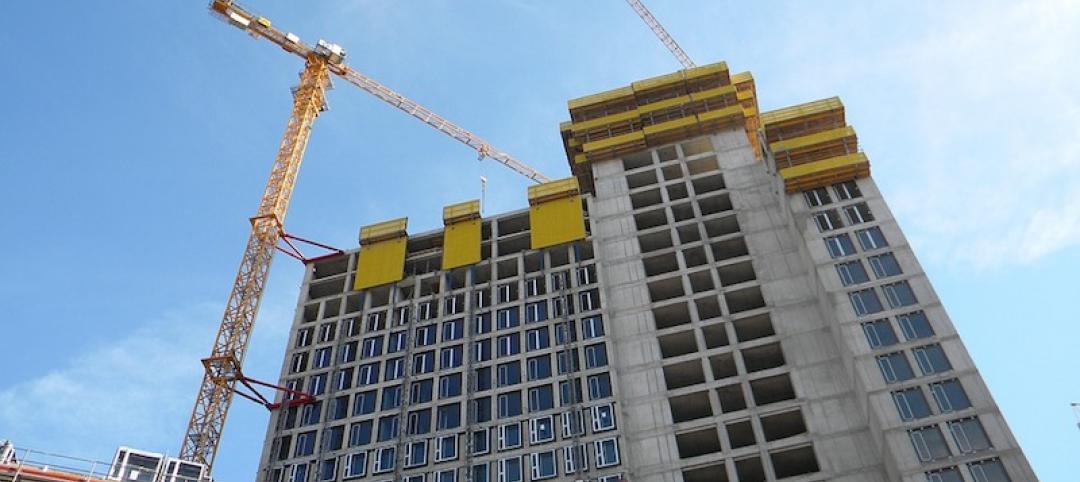More than 85% of contractors have been negatively impacted by COVID-19, according to the results of an August reader survey conducted by Construction Executive magazine, which is published by Associated Builders and Contractors. Supply chain disruptions, prolonged municipal permitting processes and delayed inspections due to office closures are all factors contributing to the increased rate of postponement and/or cancellation of construction projects.
While many contractors have not yet seen drastic impacts to their business, as construction was in many areas considered an “essential” service, the long-term implications are concerning. Seventy percent of contractors did not expect the construction industry to stabilize until at least 2021, while an additional 10.4% say they believe it may never reach pre-pandemic levels.
“While the survey respondents’ concerns about market viability and the health fears of the virus itself will remain in place for the duration of 2020 and into next year, contractors did report bright spots, such as a widespread adoption of technology after the outbreak of COVID-19,” said Lauren Pinch, editor-in-chief of CE. “That said, as the pandemic continues to change the landscape of the U.S. construction industry and state and local economies, contractors are continuously trying to assess the near- and long-term effects.”
While an uptick in office renovations to meet social distancing guidelines and to implement other COVID-19-related precautions was expected, more than three-quarters of respondents (76.12%) stated that they have not found this to be the case. Concerns over indoor air quality and proper ventilation may have also led people to believe there would also be a large increase in HVAC upgrade projects, but only 31.79% of respondents stated that this was the case.
Looking toward economic recovery, three-quarters of contractors believe that there will be more interest in construction education programs as people seek out new types of work. Specialty trades, apprenticeship programs, project management training and more tech-focused construction jobs were all listed as areas that contractors believe will see high levels of interest.
Read more about the survey results at ConstructionExec.com and subscribe to CE This Week for the latest news, market developments and business issues impacting the construction industry.
Related Stories
Market Data | Nov 29, 2016
It’s not just traditional infrastructure that requires investment
A national survey finds strong support for essential community buildings.
Industry Research | Nov 28, 2016
Building America: The Merit Shop Scorecard
ABC releases state rankings on policies affecting construction industry.
Multifamily Housing | Nov 28, 2016
Axiometrics predicts apartment deliveries will peak by mid 2017
New York is projected to lead the nation next year, thanks to construction delays in 2016
Market Data | Nov 22, 2016
Construction activity will slow next year: JLL
Risk, labor, and technology are impacting what gets built.
Market Data | Nov 17, 2016
Architecture Billings Index rebounds after two down months
Decline in new design contracts suggests volatility in design activity to persist.
Market Data | Nov 11, 2016
Brand marketing: Why the B2B world needs to embrace consumers
The relevance of brand recognition has always been debatable in the B2B universe. With notable exceptions like BASF, few manufacturers or industry groups see value in generating top-of-mind awareness for their products and services with consumers.
Industry Research | Nov 8, 2016
Austin, Texas wins ‘Top City’ in the Emerging Trends in Real Estate outlook
Austin was followed on the list by Dallas/Fort Worth, Texas and Portland, Ore.
Market Data | Nov 2, 2016
Nonresidential construction spending down in September, but August data upwardly revised
The government revised the August nonresidential construction spending estimate from $686.6 billion to $696.6 billion.
Market Data | Oct 31, 2016
Nonresidential fixed investment expands again during solid third quarter
The acceleration in real GDP growth was driven by a combination of factors, including an upturn in exports, a smaller decrease in state and local government spending and an upturn in federal government spending, says ABC Chief Economist Anirban Basu.
Market Data | Oct 28, 2016
U.S. construction solid and stable in Q3 of 2016; Presidential election seen as influence on industry for 2017
Rider Levett Bucknall’s Third Quarter 2016 USA Construction Cost Report puts the complete spectrum of construction sectors and markets in perspective as it assesses the current state of the industry.




